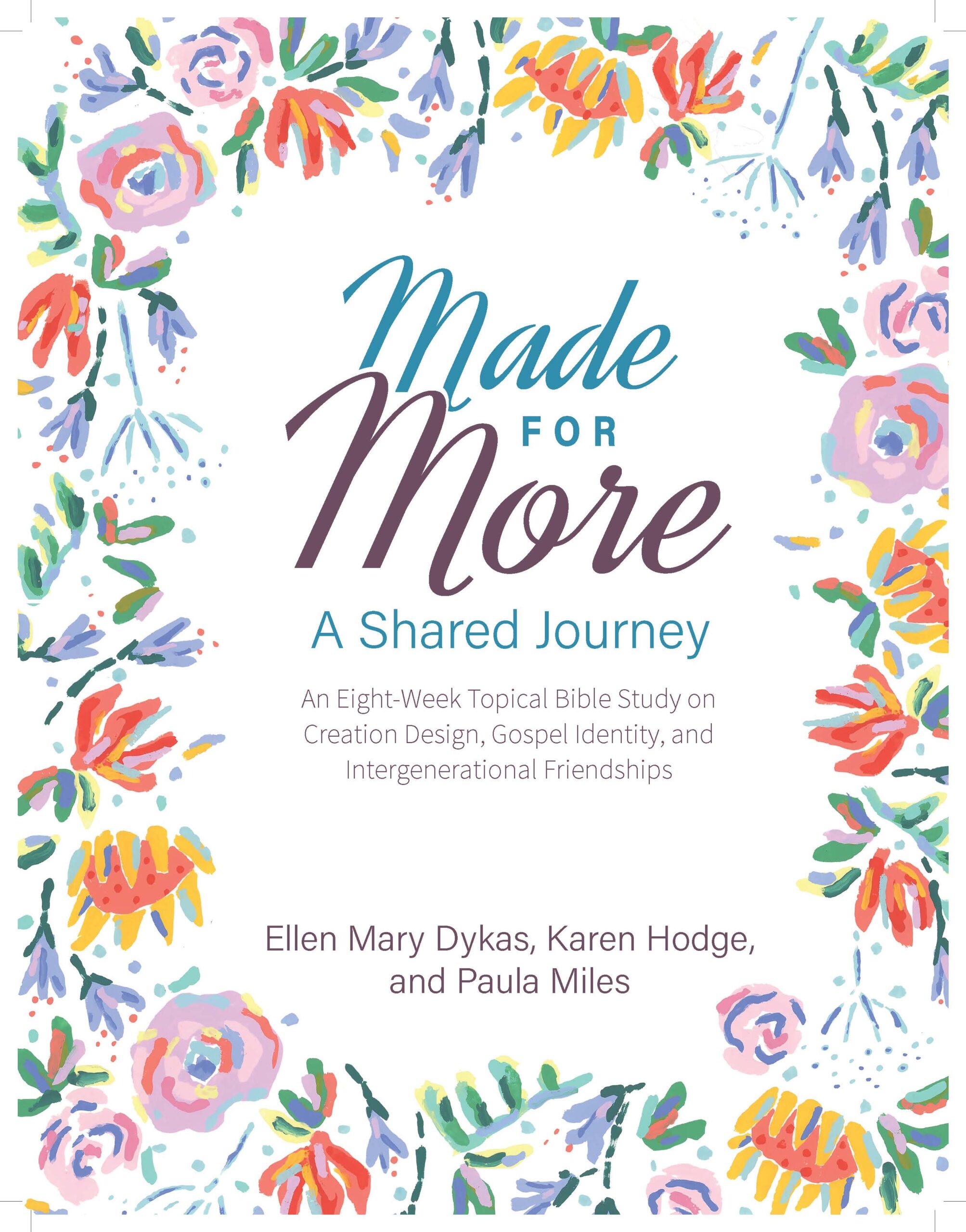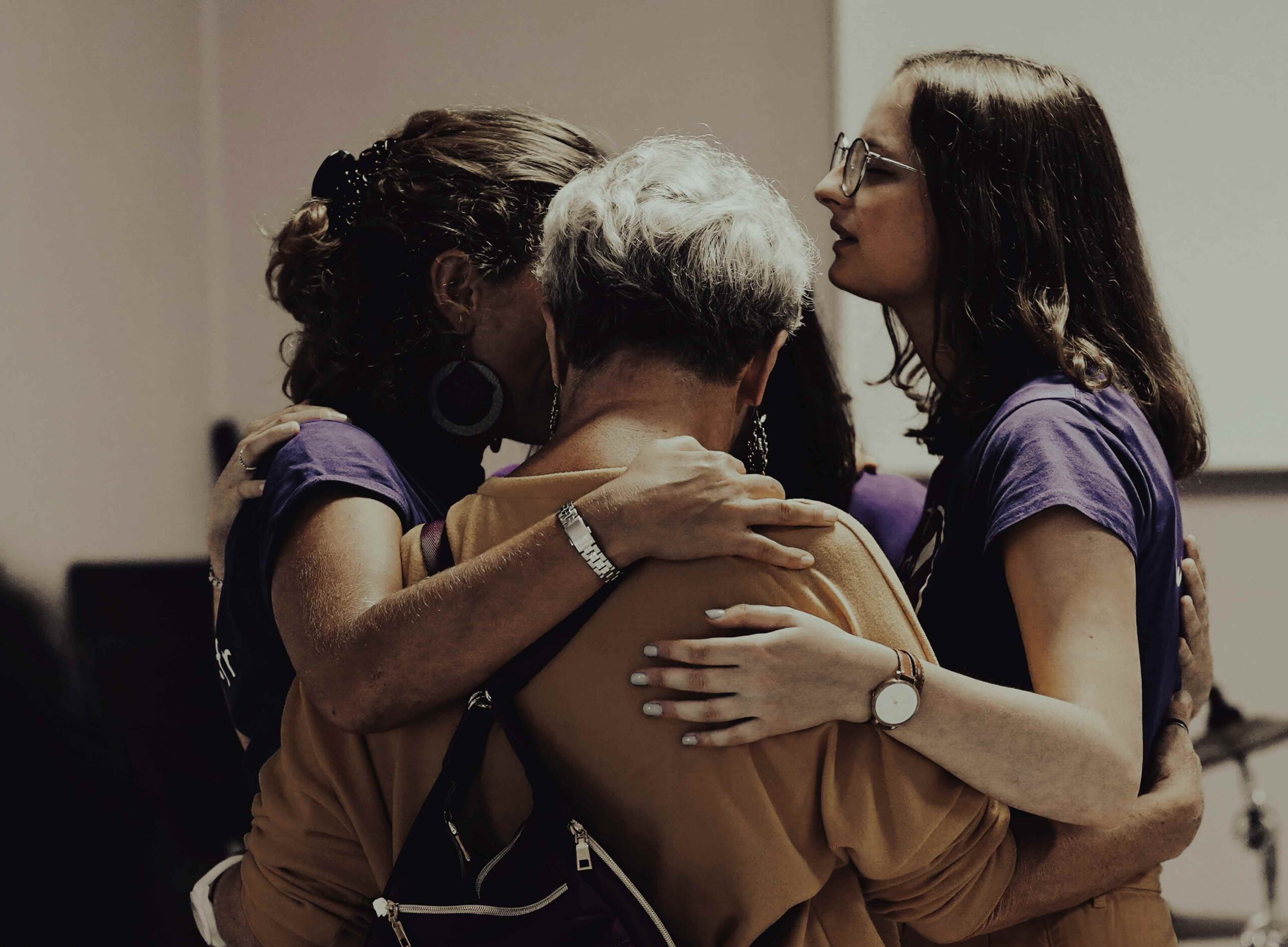Sanctifying Relationships
KRISTI MCCOWN | GUEST My personal struggle is, most of the time, “between my ears,” as Susan Tyner would say. My mind is a battlefield—a place where intrusive thoughts, fears, and sinful desires battle for control. Relationships are at the top of the list of the daily battles that I struggle with. This is why I am grateful for gospel friends. “Friendship is born at the moment when one person says to another "What! You too? I thought that no one but myself…” This C.S. Lewis quote from the book The Four Loves came to mind when I listened to the podcast “Risky Obedience” by Karen Hodge and Susan Tyner. Their conversation has been a breath of fresh air for my soul. The vulnerability they share is life-giving to me. One of Karen's questions in the first episode that struck me was, “Why is it risky? What do we risk when we enter relationships with other people?” Relationships, for me, are equal parts messy and wonderful. Much of the pain throughout my life has come from the way I respond to conflicts with others. I have a strong desire to be liked. My love language is words of encouragement, but the flip side of that is that I fear criticism. I fear what others think of me. So, when someone criticizes me or points out an error, I tend to fall apart. My reaction is to cover, hide, or blame. I believe the childhood saying, "Sticks and stones will break my bones, but words can never hurt me," is incorrect because words do hurt. There is another childhood rhythm that says, "I'm rubber, and you're glue; what bounces off me sticks to you.” Both statements make it sound as though the words people say to us have no effect. But they do. In fact, they often have a lasting impact, leaving scars that last far longer than any schoolyard fight or tumble. Even more, if others hit us with hurtful words, our sinful desire will be to hurt them back. Karen Hodge reminded me so sweetly in this podcast that “we speak out of the overflow of our hearts.” We see this in our cutting and sarcastic jabs, in the ways we place blame on others, or in our defensive responses. Whatever is in our hearts will come out when we have a conflict with another person. I know that all too well. As I continue to think about how I respond to the messiness of interpersonal relationships, the podcast left me with two encouragements...










